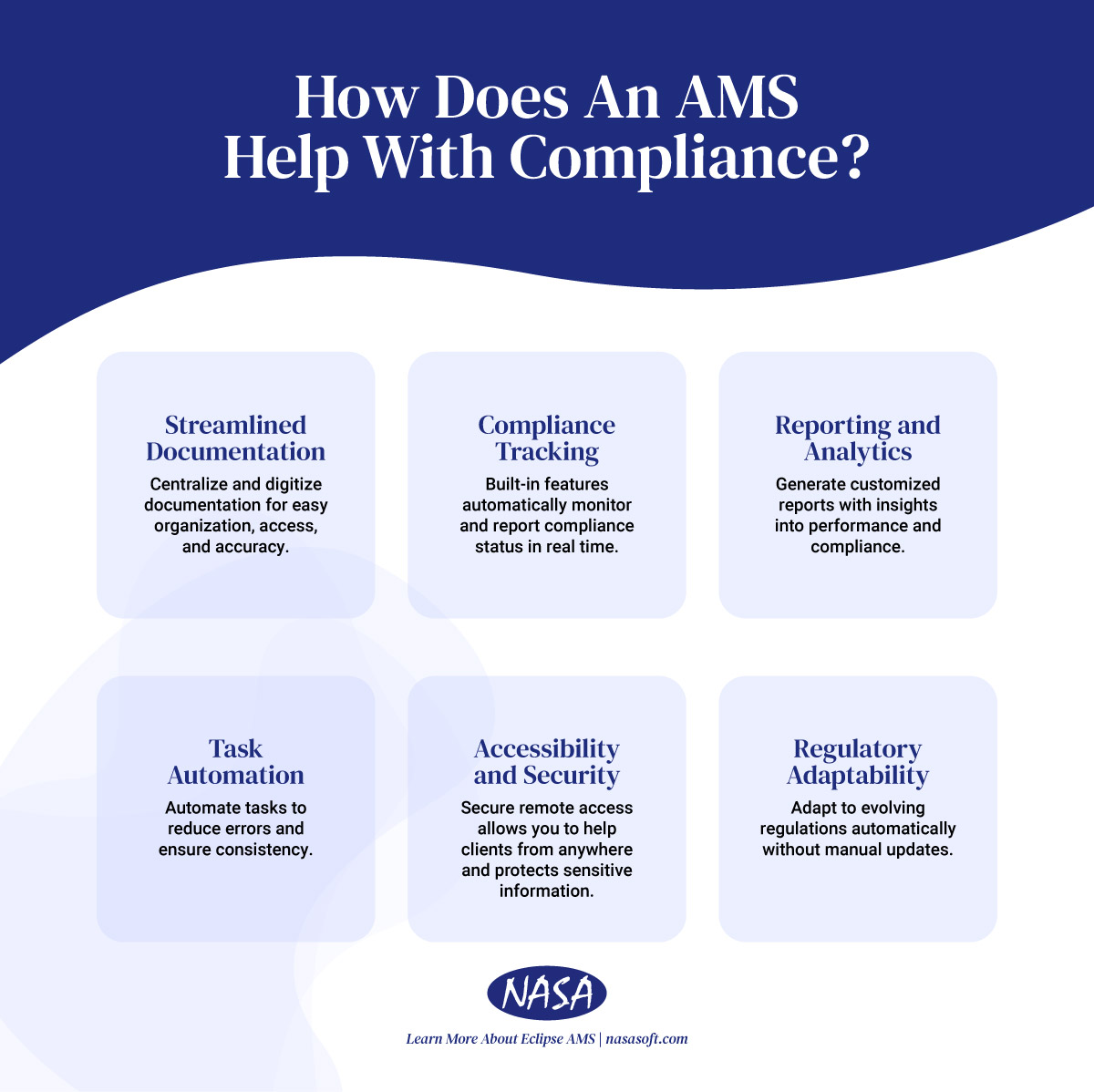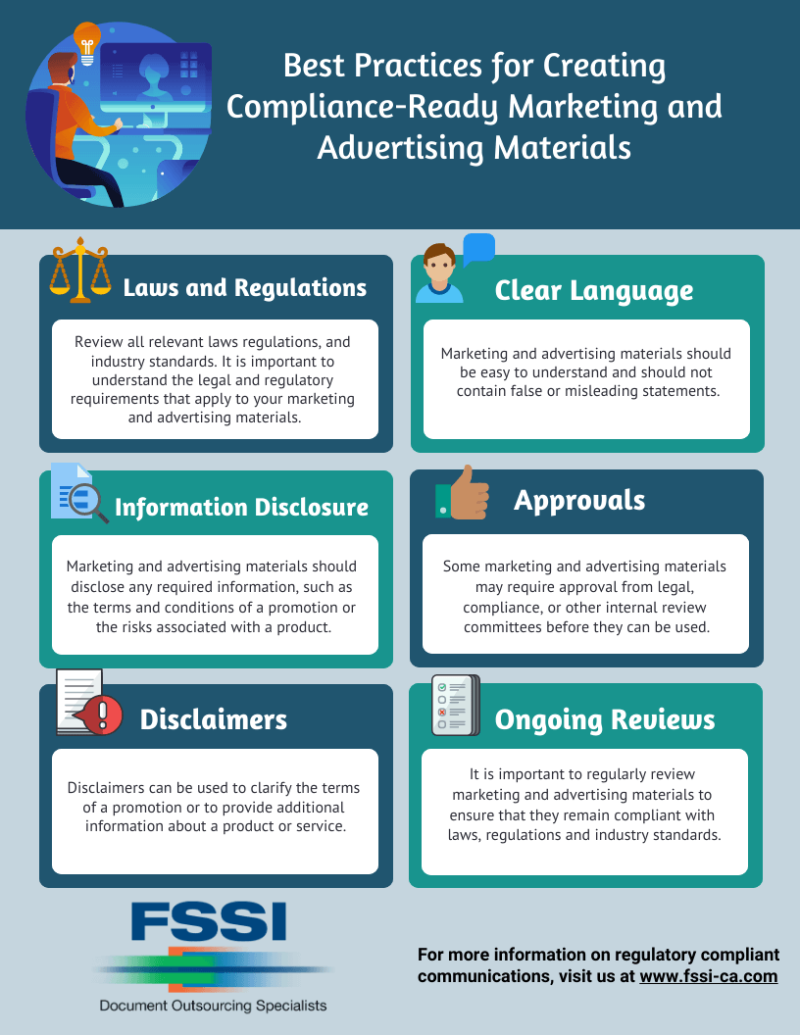Compliance and regulatory considerations in online insurance advertising primarily revolve around ensuring that all advertising content is truthful, not misleading, and transparent to consumers, adhering to both federal and state laws, with a strong emphasis on consumer protection.
Key points include:
-
Regulatory Framework: Insurance advertising is regulated mainly at the state level but guided by national models such as the National Association of Insurance Commissioners (NAIC) Unfair Trade Practices Act (UTPA), which prohibits false or deceptive advertising in 45 states. Federal laws like HIPAA (for health-related marketing) and the CAN-SPAM Act (for commercial emails) also apply.
-
Scope of Advertising: Any public communication by insurers or agents—whether TV, radio, digital ads, websites, emails, social media posts, or even cold-call scripts—is considered advertising and subject to regulation.
-
Content Requirements: Advertisements must be truthful, clear, and not misleading by fact or implication. Even technically true statements can be non-compliant if they mislead a reasonable consumer. Advertisements should avoid ambiguous terms like “investment” or “profit” unless clearly explained.
-
Control and Approval: Insurers are responsible for all advertising content related to their products, including materials created by agents or third parties. They must maintain a system of control over content, form, and distribution, often requiring prior approval of advertising materials.
-
Disclosure: Advertisements must disclose the insurer’s name and relevant policy information clearly. Websites should disclose the states where the insurer is authorized to operate.
-
Recordkeeping and Certification: Insurers should keep thorough records of advertising campaigns and obtain annual certifications of compliance, as regulators rely on self-monitoring and documentation during market conduct examinations.
-
Penalties and Risks: Violations can lead to severe financial penalties, cease and desist orders, reputational damage, and even lawsuits. For example, Massachusetts imposed over $165 million in penalties on health insurers for deceptive advertising in 2023.
-
Special Considerations for Digital and Social Media: Online platforms require careful compliance, including proper disclaimers and avoiding misleading content. Social media posts are scrutinized as heavily as traditional ads.
-
Best Practices: Use carrier-approved marketing materials, stay licensed and transparent, protect customer data, comply with do-not-call rules, and regularly audit marketing practices to adapt to evolving regulations.
In summary, online insurance advertising must be carefully managed to comply with a complex web of state and federal regulations designed to protect consumers from deceptive practices. Insurers must implement robust controls, ensure truthful content, maintain documentation, and stay updated on regulatory changes to avoid costly penalties and reputational harm.





